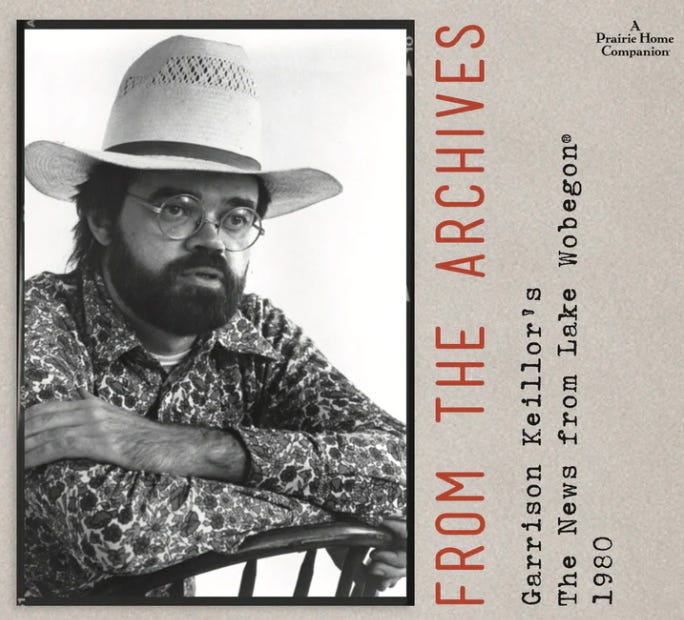TWA for Wednesday, January 4, 2012
"Recipe for a Salad" by Sydney Smith. Public domain.
ORIGINAL TEXT AND AUDIO - 2012
Today is the birthday of Sir Isaac Newton, born in Woolsthorpe, England (1643). He was born very prematurely, and it was said that he could fit into a quart pot. His father had died three months before Newton was born, and the plan was for the boy to take over the running of the family farm when he grew up. He wasn't a good farmer, and his uncle suggested that he be sent to the university instead. He went to Cambridge, and when it was shut down during a plague year, Newton went home and studied mathematics and physics on his own. It was during this time that he first developed his theories of gravity and optics. He returned to Cambridge in 1667, intending to study alchemy, but ended up teaching mathematics. His first published scientific achievement was the invention of a reflecting telescope.
At the age of 43, Newton published his Principia, which overturned nearly everything humankind had believed about the universe up to that point. He proved that the celestial bodies were governed by the same laws of physics as objects on Earth. He incorporated Kepler's laws of planetary motion into his own theories about gravity, and established the three laws of motion. The First Law states that objects at rest tend to remain at rest, and objects in motion tend to remain in motion, unless they are acted upon by an external force; the Second Law states that an applied force on an object equals the rate of change of its momentum with time; and the Third Law states that for every action, there is an equal and opposite reaction.
Today is the birthday of Doris Kearns Goodwin, born in Brooklyn, New York (1943). She's the author of the highly acclaimed biographies Lyndon Johnson and the American Dream (1976), The Fitzgeralds and the Kennedys: An American Saga (1987), and Team of Rivals: The Political Genius of Abraham Lincoln (2005). She's currently at work on a biography of Theodore Roosevelt, due out in 2013.
Her book Team of Rivals: The Political Genius of Abraham Lincoln was published in 2005. The 944-page book was widely talked about around Washington, and during the next presidential campaign, candidate Barack Obama mentioned Goodwin's book in interviews, saying that it's essential reading for the Oval Office. After he won the Democratic nomination, he named former opponent Joe Biden as his running mate, and after he was elected, he appointed a handful of former rivals to his Cabinet — including Hillary Clinton as secretary of state and Tom Vilsack as secretary of agriculture. The Chicago Tribune reported that "in Obama circles," the principle of appointing former adversaries to Cabinet positions "goes by the shorthand 'Team of Rivals,' from the title of Goodwin's book.
Today is the birthday of Louis Braille, born in Coupvray, France (1809). He was blinded in his father's harness shop when he was three years old. His parents tried their best to give him a normal life; even without his eyesight, he was the best student in his school, and eventually went on to become a famous organist and cellist. At the National Institute for Blind Youth in Paris, he adapted an idea used in the French army to send messages that could be read in the dark, simplifying it by encoding individual letters rather than sounds. He decided that each letter would be represented by a different arrangement of six dots packed close enough that each letter could be read by a single fingertip, and he perfected his method by the time he was 15.
Today, reading and writing of braille is something of a dying art. There are now far more audio versions of books than there are books printed in braille, and there are software programs to convert written text into audio. Today only about 10 percent of blind children in this country learn to read braille.
Louis Braille said: "Access to communication in the widest sense is access to knowledge, and that is vitally important for us if we [the blind] are not to go on being despised or patronized by condescending sighted people. We do not need pity, nor do we need to be reminded we are vulnerable. We must be treated as equals — and communication is the way this can be brought about."
Be well, do good work, and keep in touch.®





